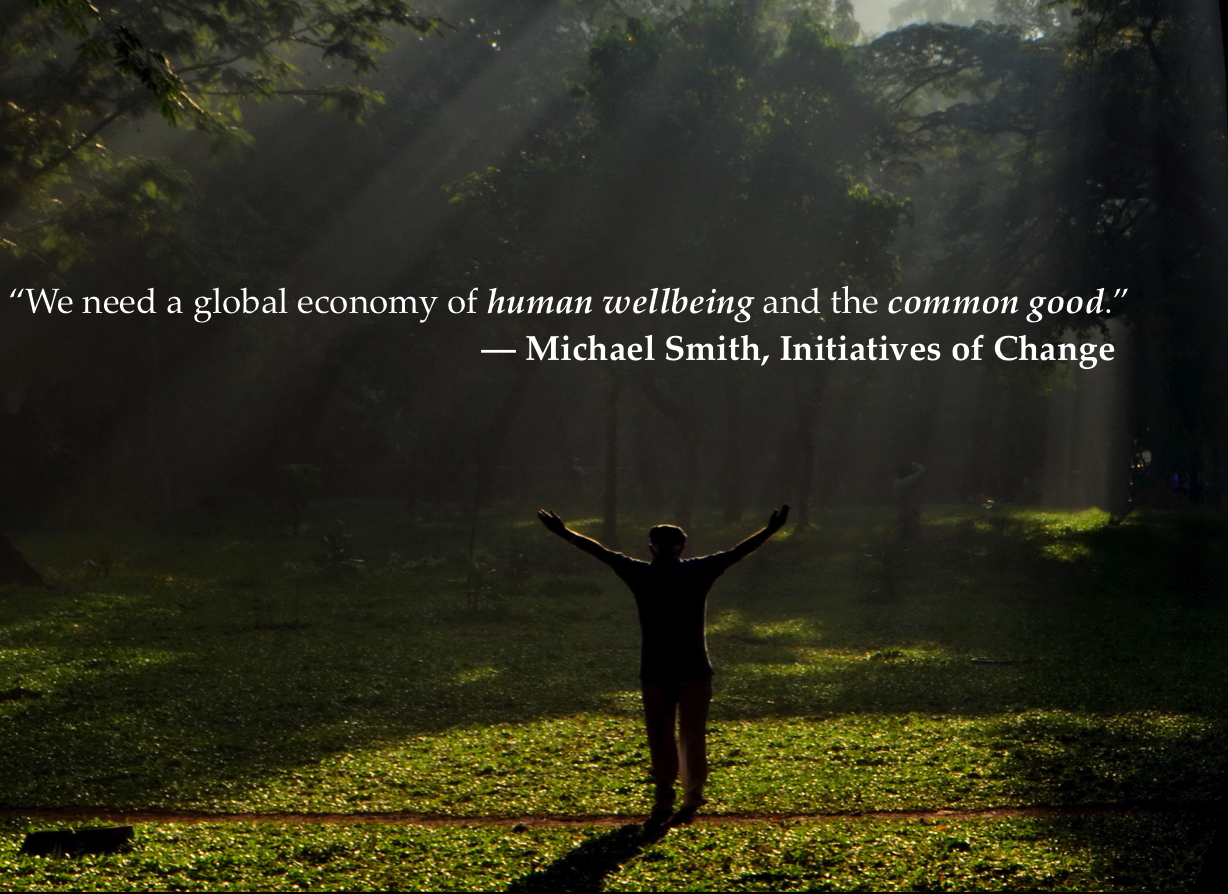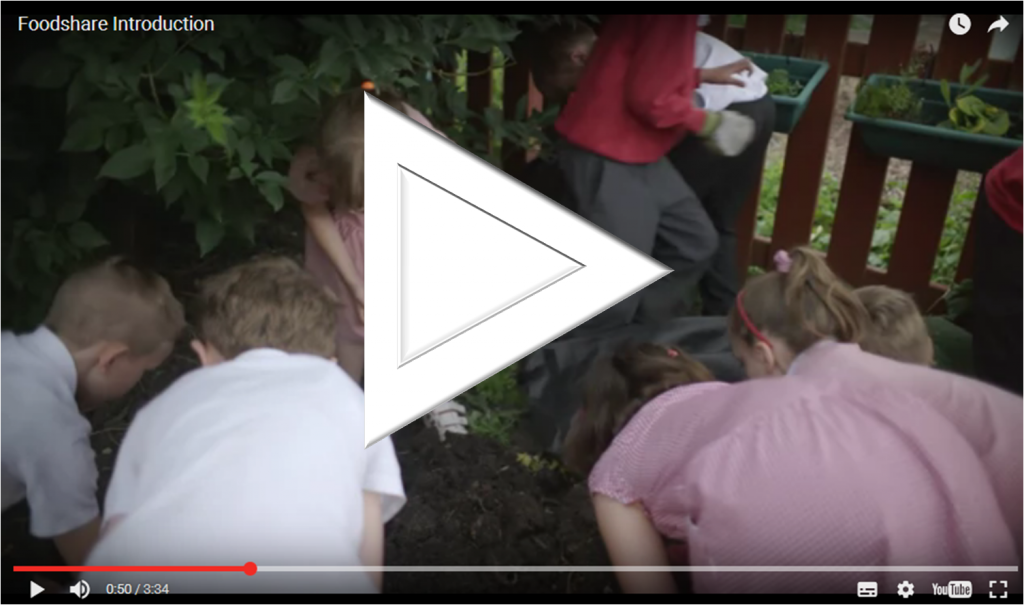We went outside to see the last days of the Earth.
To wait for the fire, the explosions, the floods.
A great chill fell upon the land, blanketing the forest with rimfrost.
It was beautiful. As the darkness descended, the sky became ablaze with light.
It was beautiful.
We realised it had always been beautiful. Everything we were given.
Even our breath.
We felt a deep sadness that we were witnessing the end. But gratitude we had been given the grace to feel it, if only just once.
The darkness fell upon us. We expected the end. Instead we saw the end of the year.
And we had been given the opportunity to be at the start of a new one. We vowed to take the beauty and the understanding with us. Into the new year.

